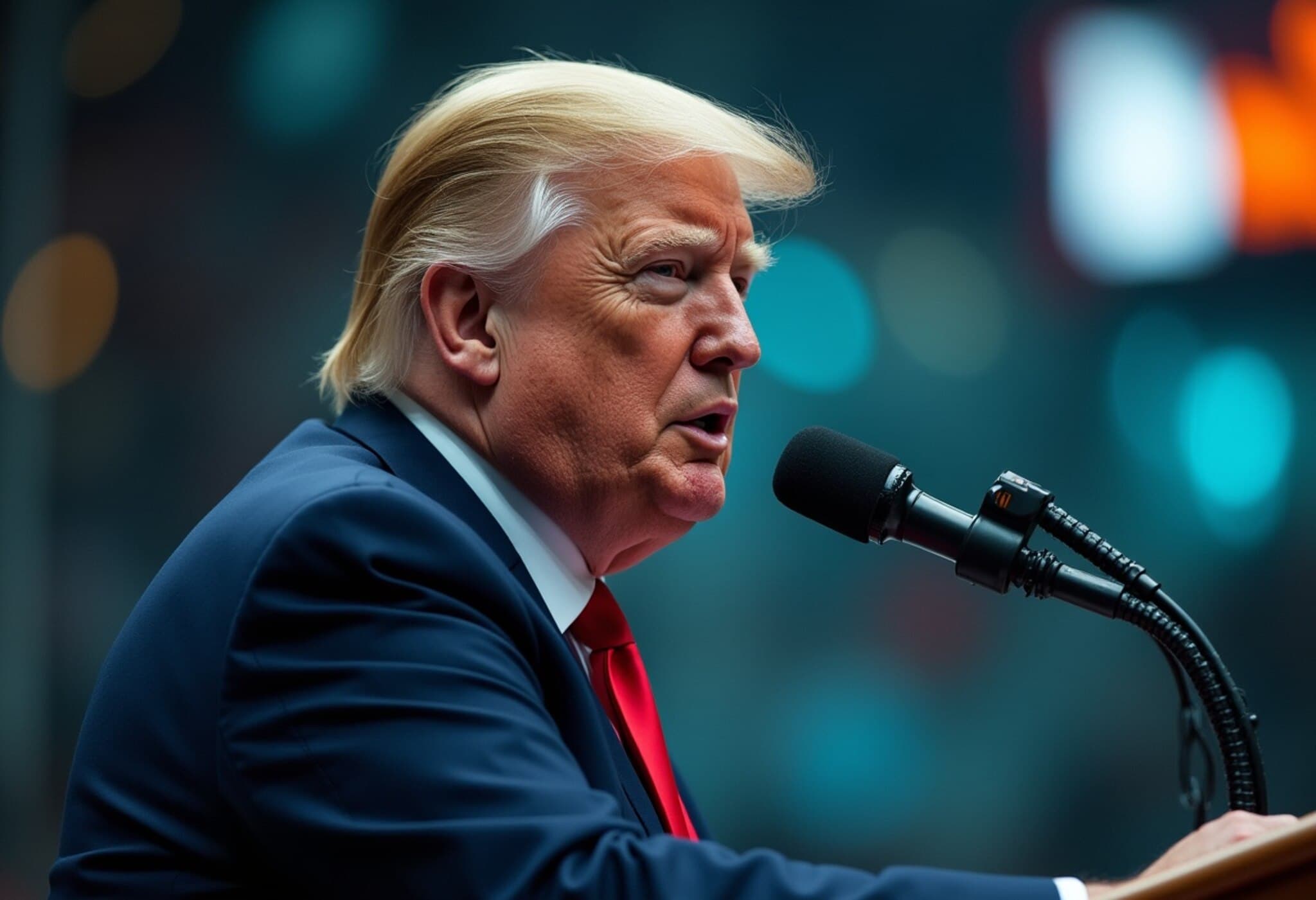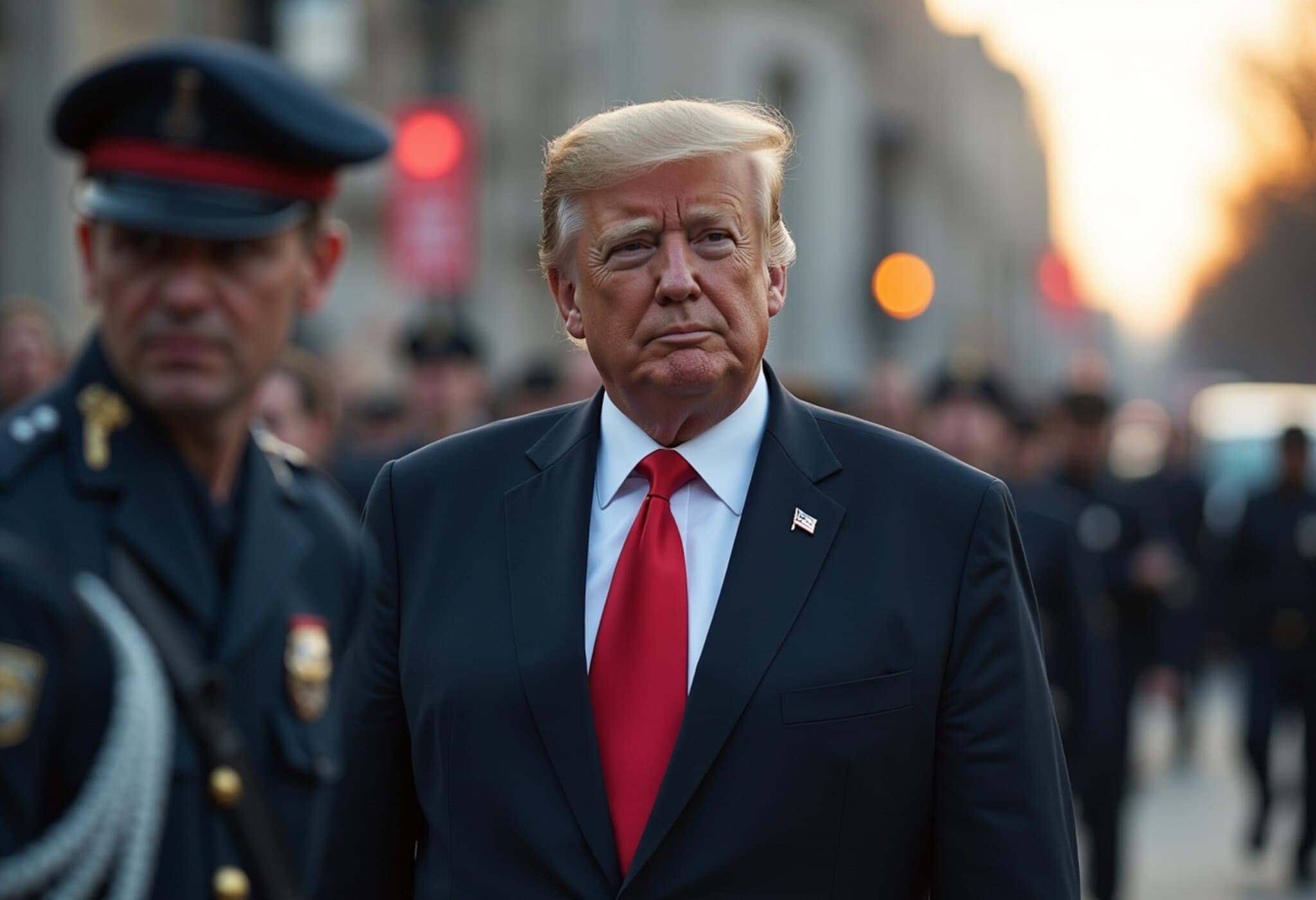US Supreme Court Endorses Mississippi’s Social Media Age Verification Law
In a landmark decision on August 15, 2025, the United States Supreme Court refused to block a Mississippi statute requiring social media platforms to verify the ages of users and secure parental consent before allowing minors to create accounts. This marks a significant victory for state-level efforts to impose stricter regulations on how tech companies manage underage users.
Key Provisions of the Mississippi Law
- Age verification: Social media companies must confirm the age of all users prior to account creation.
- Parental consent: Platforms are required to obtain parental approval for any minor attempting to join their services.
- Protection from harmful content: The law mandates proactive measures to prevent children from accessing materials deemed harmful.
This decision directly impacts major platforms such as Facebook, Instagram, TikTok, Snapchat, X (formerly Twitter), and YouTube, compelling them to implement these verification mechanisms.
Industry Pushback and Free Speech Concerns
Tech industry coalition NetChoice spearheaded an emergency appeal against the law, contending it infringes on users’ privacy and constitutionally protected freedom of speech under the First Amendment. According to NetChoice, the legislation’s vague definitions of “harmful materials” could lead to over-censorship, curtailing access to a broad range of cultural, educational, and political content — from university lectures to official political communications.
Moreover, they warned such restrictions could set a dangerous precedent, threatening digital expression across age groups. NetChoice has not limited its legal defense to Mississippi; similar challenges are underway in Florida, Arkansas, Georgia, Ohio, and Utah.
Broader Legal and Social Context
This ruling follows the Supreme Court’s recent affirmation of Texas’ age verification law, which requires users to prove their age before accessing online sexually explicit content. Together, these decisions spotlight a growing judicial willingness to endorse more stringent regulation of minors’ online activities.
Mississippi Attorney General Lynn Fitch emphasized the law’s protective intent, highlighting threats such as sexual exploitation, human trafficking, sextortion, and physical abuse — dangers that do not receive First Amendment protection. Fitch argued that ensuring robust age verification is crucial for safeguarding young users in today’s digital landscape.
Why Age Verification Laws Matter Now
Parental anxiety coupled with mounting research links heavy social media usage among teenagers to increased rates of depression, anxiety, and other mental health challenges. These laws aim to strike a balance between protecting youth from harmful exposure and preserving their right to online participation under appropriate safeguards.
However, critics question whether these measures could inadvertently create privacy risks (through data collection for age checks) or exacerbate digital divides, especially for marginalized communities. They also call for broader conversations on digital literacy and ethical platform design as complementary approaches.
Expert Analysis: Striking a Balance Between Safety and Rights
From a legal perspective, this ruling highlights ongoing tensions between government regulation and First Amendment rights in the digital age. Judge Sarah Livingston, Professor of Internet Law at Georgetown University, notes, "Courts are increasingly recognizing the unique risks youth face online but remain cautious about broad regulatory overreach that could suppress legitimate speech or innovation."
Economically, mandated compliance will likely increase operational costs for social media companies — especially smaller platforms — and could influence user engagement patterns.
Policy analysts advocate for comprehensive frameworks that combine legal mandates with educational initiatives, parental controls, and technology-driven solutions to create safer, more informed digital environments.
Conclusion
The US Supreme Court’s affirmation of Mississippi’s age verification law underscores a critical shift toward heightened accountability for social media platforms regarding youth safety. While the decision marks progress in protecting minors from online harms, it also opens complex debates about privacy, censorship, and the future of digital rights.
Editor’s Note
What lies ahead? As states continue to craft age verification laws, a pressing question remains: how can regulators balance child protection with upholding freedoms and privacy rights in an increasingly interconnected digital world? This ruling sets a precedent, but it is only the beginning of an evolving dialogue between lawmakers, technology companies, parents, and users. Our society must grapple with these complexities to foster a safer but open internet for future generations.



















